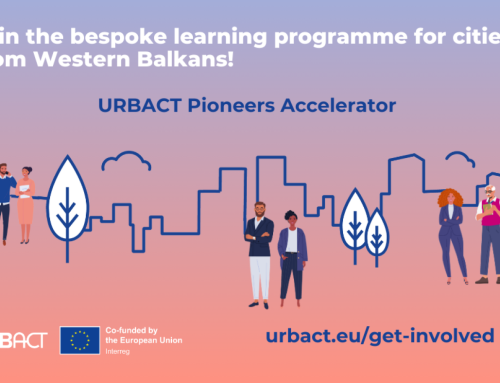The ScienceUs Project has announced a public call to scale and link citizen science projects across various research and technological fields relevant to the EU Mission “Adaptation to Climate Change.”
ScienceUs offers a three-phase support programme (Seed – Flourish – Harvest phases), providing direct funding and support services to a selection of outstanding citizen science initiatives with the potential to scale regionally.
Through this public call, 25 projects will be selected to participate in the first phase (Seed phase). From these, five projects will advance to receive support in the next two phases.
Addressing and mitigating the causes of climate change is among the most urgent priorities. The far-reaching impacts of rising temperatures, increased carbon emissions, and environmental degradation are already evident, manifesting in more frequent extreme weather events, rising sea levels, biodiversity loss, and food insecurity. As these challenges intensify, both natural and human systems must adapt effectively.
The ScienceUs project recognises the crucial role of citizen science in tackling the effects of climate change. This approach not only advances scientific understanding but also ensures the voices and experiences of those most affected by climate change are included in the search for practical, on-the-ground solutions.
Under this public call, adaptation to climate change involves enhancing the ability of natural and human systems to respond to climate impacts—such as climate variability, extreme weather events, rising sea levels, and food insecurity—to minimise potential harm, seize opportunities, and manage consequences.
Key areas of focus include:
- Economy (agriculture, forestry, fisheries, industry, tourism, trade, transport);
- Nature conservation and protection, including green and blue infrastructure with innovative, nature-based solutions;
- Built infrastructure, such as residential and non-residential buildings and transport systems;
- Public services (e.g., water supply, sanitation, heating), as well as other infrastructure (e.g., emergency services, healthcare, education);
- Risk prevention and management, both natural and man-made;
- Energy management;
- Water management;
- Transport management;
- Healthcare systems;
- Environmental education;
- Ecological governance and management;
- Internal and external climate monitoring.



